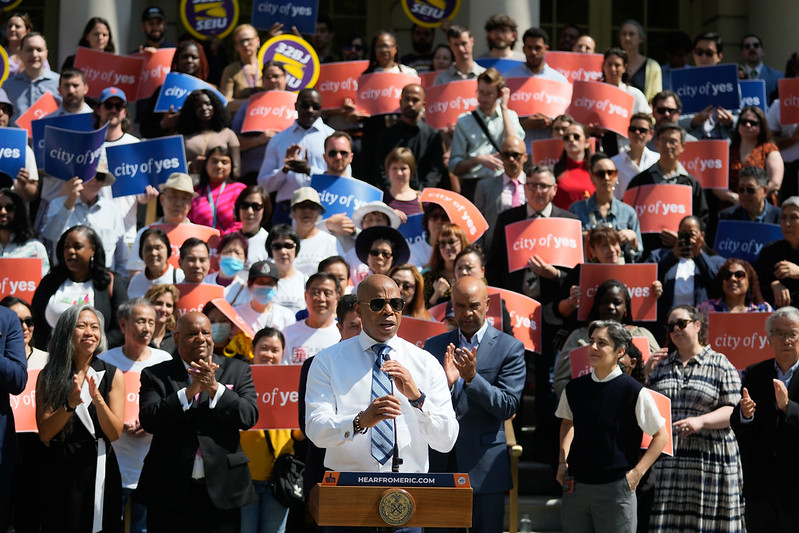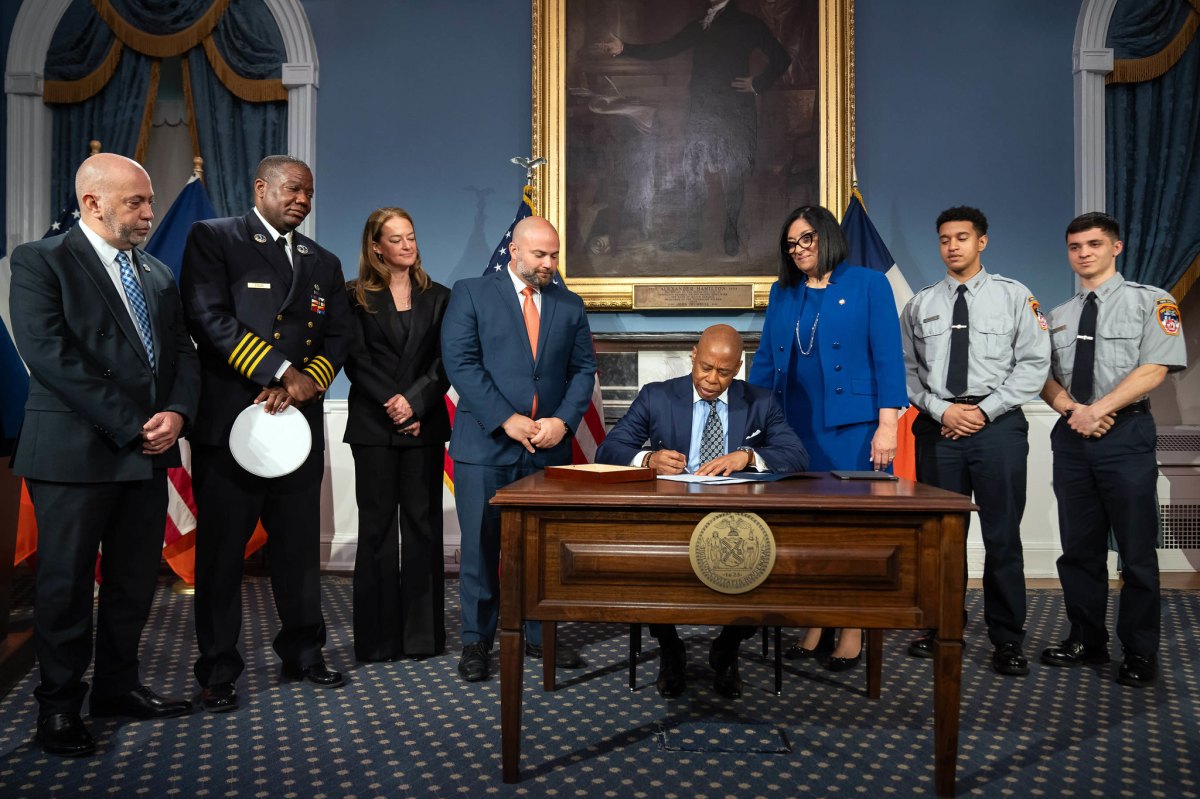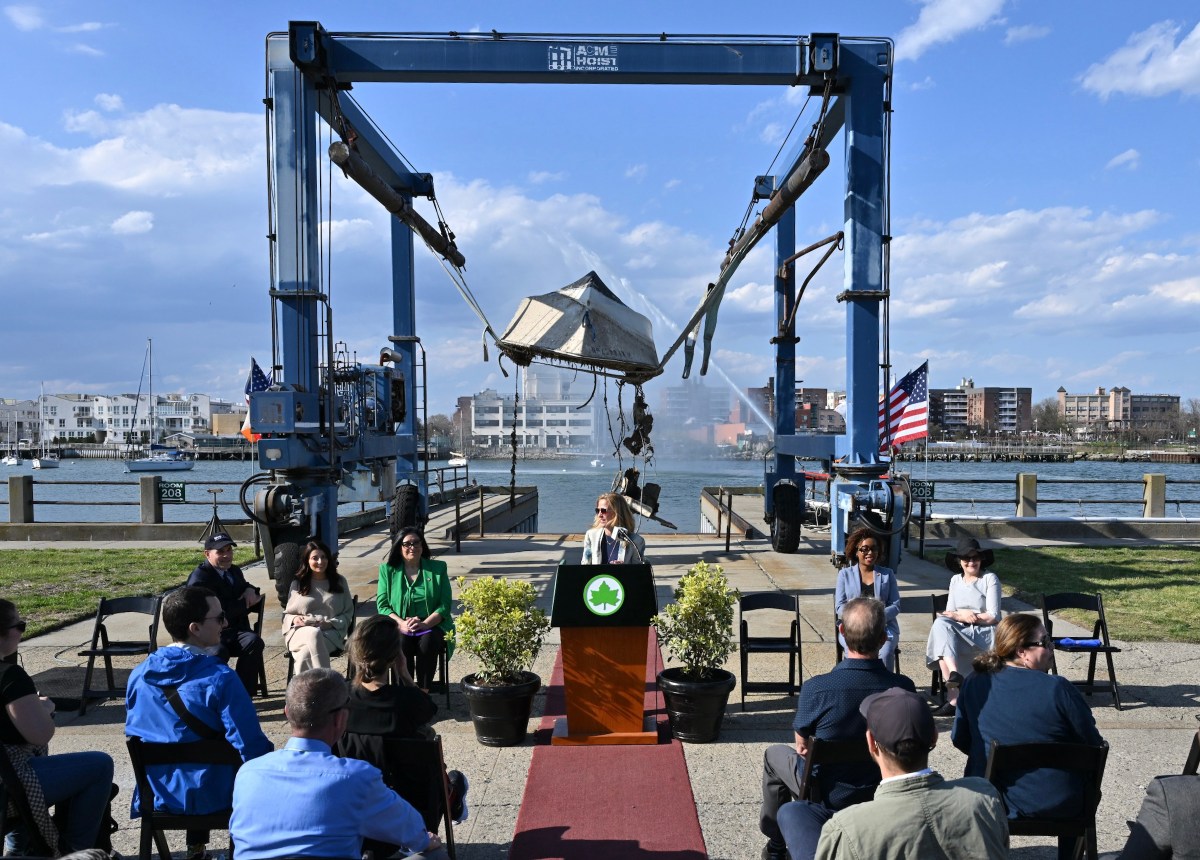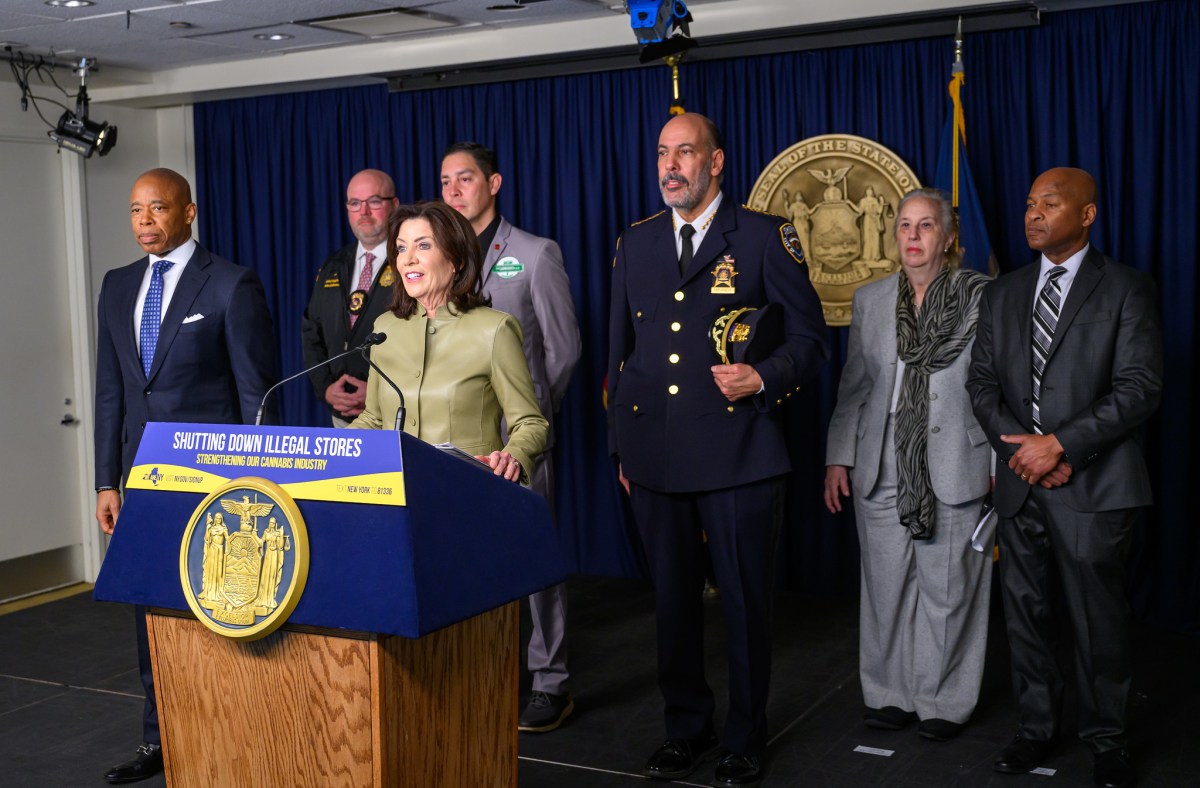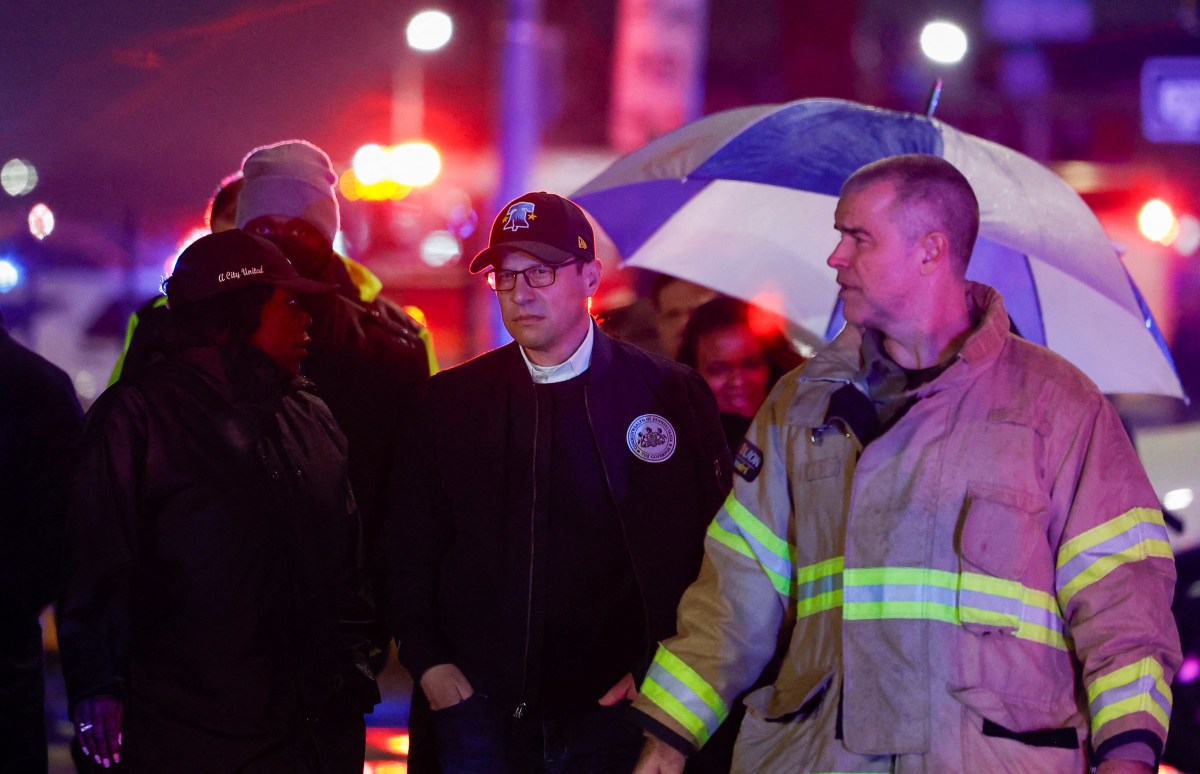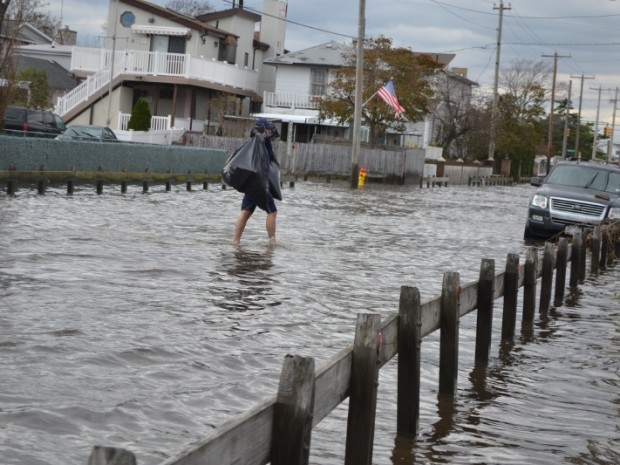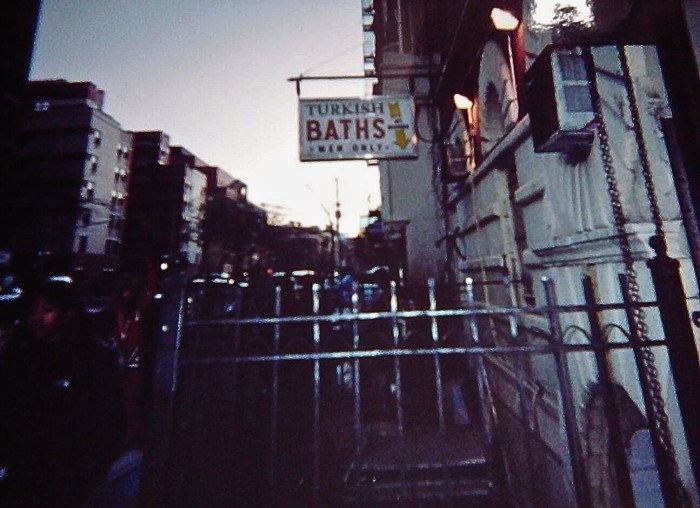A New York City panel on Wednesday heard a deluge of impassioned testimony both for and against Mayor Eric Adams’ sweeping plan to overhaul city zoning rules to build more housing across the five boroughs.
Over 200 New Yorkers tuned in remotely or came in-person to comment on the plan, dubbed the “City of Yes: Zoning for Housing Opportunity,” during a marathon City Planning Commission hearing that stretched on for nearly 15 hours from July 10 into the next morning. The hearing followed a 60-day public review period and precedes a looming CPC vote, where the panel must decide in the next 50 days on whether or not to advance the zoning amendment to the City Council.
The package of zoning proposals would update decades-old rules governing where and how much housing can be built across the city with the goal of tackling the ongoing housing crisis by building a “little more housing in every neighborhood.” It includes proposals to boost housing production like eliminating the mandate that new housing developments include off-street parking, allowing builders who include affordable units in their developments to increase the number of dwelling units by 20% and over depending on the zoning district and authorizing small apartment buildings near all train stations.
The plan is by far the most controversial of 3 sets of zoning updates proposed by the Adams administration, having already drawn significant pushback from communities across the city. Thus far, 35 of the city’s 59 Community Boards have issued advisory votes rejecting the plan with conditions, while 15 support it with conditions and 1 did not reach a consensus.
But the zoning changes have also garnered more support than past citywide zoning changes — like former Mayor Bill de Blasio’s Mandatory Inclusionary Housing proposal did in 2015. It has more Community Board support than de Blasio’s zoning amendment, plus the backing of four of the city’s five borough presidents.
Furthermore, a Department of City Planning spokesperson said the majority of those who spoke voiced support for the plan.
Manhattan Borough President Mark Levine, who testified in favor of the zoning update during the hearing, said he supports the zoning changes because the city is facing “an intense demand for housing, a severe shortage of supply and an anemic rate of housing production.” He added those conditions have led to dramatic rent increases that have made it difficult for working-class people to live in the city.
“One of the biggest obstacles to solving this crisis is actually one of our own making a zoning code from 1961 that makes it far too difficult for us to build the housing New Yorkers desperately need,” Levine said. “City of Yes for Housing Opportunity would help alleviate New York’s severe housing shortage by adding a little bit of housing in every neighborhood.”
Levine also noted that Manhattan’s Borough Board voted Tuesday morning to approve 15 of the Housing Opportunity’s proposals.
Others who signaled support for the plan highlighted the elimination of parking minimums and allowing for transit-oriented development as some of its strongest proposals.
Proponents of the zoning amendment argue that lifting parking minimums would make it easier to build and keep rents lower by eliminating an extra expense for developers. Talya Schwartz, a lead strategist with the advocacy group Open Plans, said the organization’s research shows the mandates are “unnecessary and onerous.”
“In a housing crisis we need to ensure that we’re building more units of housing, not more parking,” Schwartz said. “For every 1.2 parking spaces constructed today, one unit of housing is lost.”
Meanwhile, many of those who testified at the hearing heavily criticized the zoning amendment. They cast it as a one-size-fits-all all approach to the housing crisis that could destroy the character of many city neighborhoods. They also contended it does not do enough to promote the construction of more affordable housing.
The loudest opposition is coming from representatives and residents of outer-borough neighborhoods where single-family homes are common and apartment buildings are a rare sight. That includes the area represented by City Council Member Joann Ariola, whose Queens district covers a large swath of the Rockaway peninsula as well as neighborhoods like Howard Beach and Woodhaven.
During the hearing, Ariola blasted the zoning changes as an “unmitigated disaster” for communities like hers, which she described as “suburban.”
“People who invest their life savings into purchasing a home in a residential section of the city deserve to raise their families in the environment that was currently afforded to them,” Ariola said. “I understand that there is a need to expand the city’s housing stock and create new commercial spaces, but this should not come at the expense of the peace that so many New Yorkers hold dear.”
Dan Garodnick, CPC Chair and Department of Planning Commissioner, pointed out that Ariola’s district is one of the lowest producers of affordable housing over the past decade, according to New York data compiled by the New York Housing conference. Ariola countered the data does not capture the many condominiums and cooperatives in her district, which she said present affordable homeownership options.
Other opponents of the plan argue it is simply a giveaway to big real estate developers that will not actually lead to the creation of more housing that is truly affordable. Karen Argenti, with the Bronx Council for Environmental Quality, argued that while the zoning proposal will boost housing supply overall, it does nothing to yield more affordable units.
“There is no supply problem, there is a problem in rentals that are affordable,” Argenti said. “We need housing, yeah, but we need affordable housing. This cannot be solved by zoning alone, we need an action plan.”
Read more: Man charged with ex-girlfriend’s murder in Manhattan



